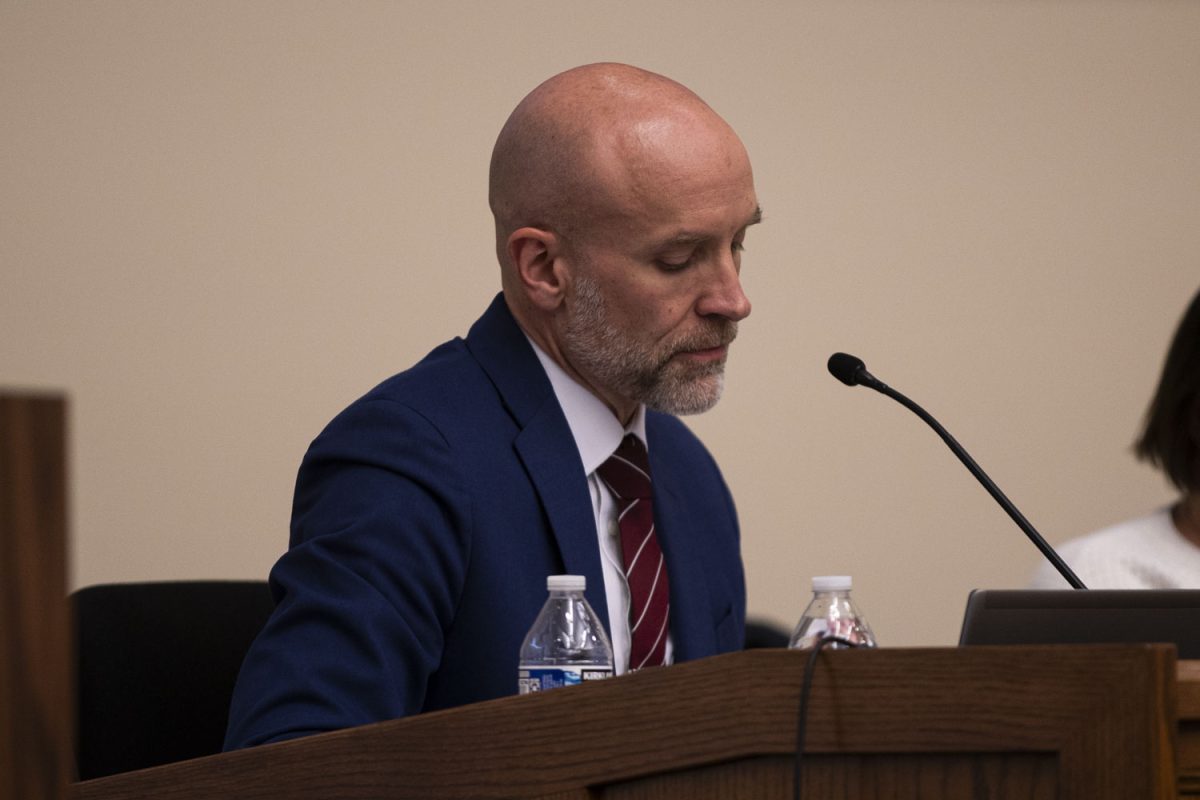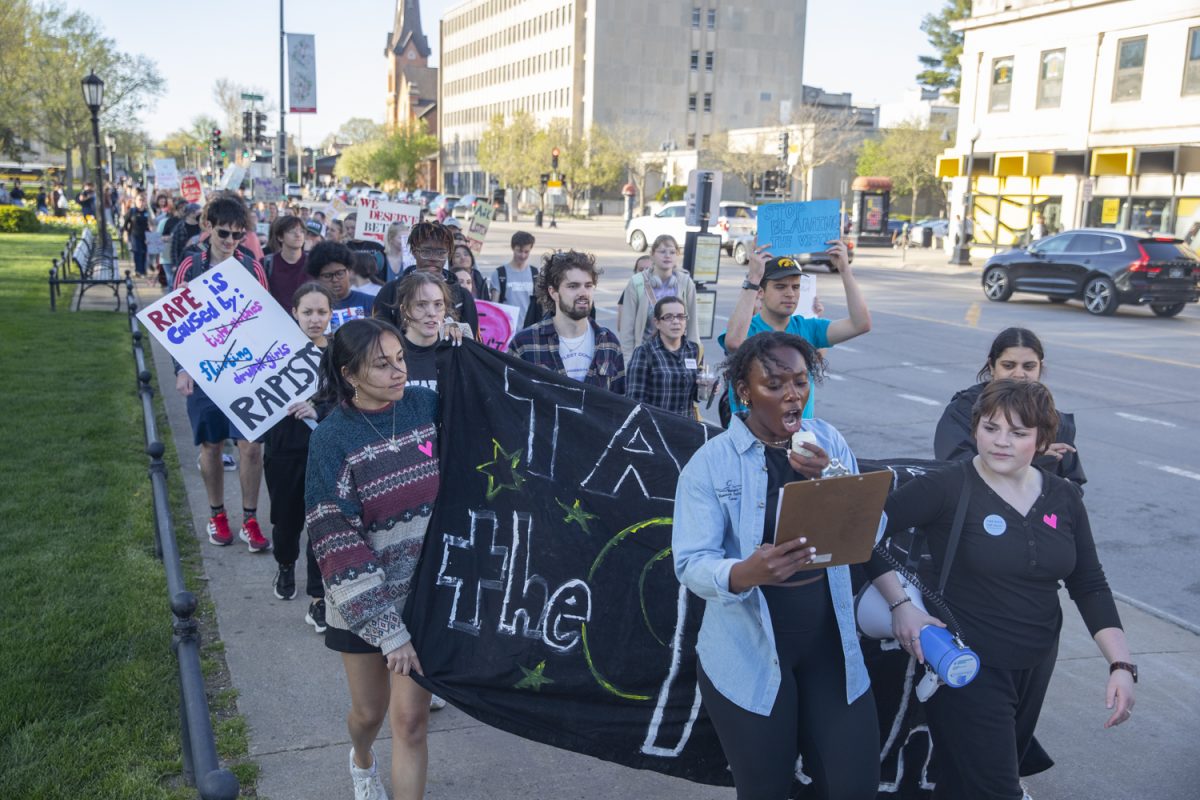About one out of every three dollars the federal government spends is borrowed.
That’s troubling to the pack of Republican Iowa caucus contenders, but some scholars say the U.S. debt crisis isn’t so urgent.
"In the short term, we shouldn’t worry about the debt crisis at all. We have much bigger problems in the economy itself," said Roberton Williams, a senior fellow at the Urban-Brookings Tax Policy Center. "In the future years, though, we have to move from a deficit situation to a surplus situation. If we stop adding to the debt, we will easily grow ourselves out of it."
Costas Meghir, an economics professor at Yale University, agreed with Williams.
"The problem seems to be more political than economic," Meghir said.
A federal deficit-reduction Supercommittee failed to reach an agreement on spending cuts earlier this year, triggering $1.2 trillion in automatic cuts in 2013 unless Congress acts before that time. In short, the committee failed because Democrats want to increase revenue by increasing taxes on the rich, while Republicans want to reduce spending on entitlement programs.
As a solution, some Iowa caucus candidates — including former Massachusetts Gov. Mitt Romney, former Utah Gov. Jon Huntsman, and former Sen. Rick Santorum, R-Pa. — are pushing for a balanced-budget amendment to the Constitution. Such a move would prohibit Congress from passing a deficit budget. Similar laws exist in Germany and Switzerland.
"I think such an amendment would be a mistake," Meghir said, contending that a balanced-budget amendment would cripple infrastructure development.
Mike George, the founder of Strong America Now, an organization that hopes to balance the budget by reducing waste in the federal government, said his group supports balancing the budget but policymakers should aim for surpluses instead of just balanced budgets.
"Merely balancing the budget is not enough," he said. "The debt crisis is a here-and-now problem, and we have to realize that we need to aim to increase surplus. Our economic plan makes that happen by employing waste reduction."
The U.S. Defense budget is another important thing on the agenda for the forthcoming elections; the government spends a huge amount of its revenue on national security. President Obama’s budget proposal would increase military spending, but the proposal also includes reforms that the administration says will cut $78 billion from the budget by 2016.
Ruth Benn, coordinator at the National War Tax Resistance Coordinating Committee, said the United States ought to cut war spending altogether. Her group encourages people to keep their incomes low so they don’t have to contribute tax dollars to military spending.
"Human beings are smart enough to figure out how to solve problems without launching missiles," she said.
Many GOP candidates want to cut other spending but preserve defense allocations. Candidates such as Romney and Texas Gov. Rick Perry, for example, aim to reduce overall government spending while maintaining the Defense budget. Rep. Ron Paul, R-Texas, is one of the only candidates calling for massive cuts in defense spending.
Williams said merely cutting spending will not create a surplus. He said tax cuts proposed by the GOP candidates will negate the effect of spending cuts.
"One of the problems is that we have lowered the taxes for the last 10 years," he said. "Now, we need to increase the revenue, but we have one party saying we will never ever raise taxes. That is a problem."
Republicans, though, hope their tax cuts will spur economic growth, in turn spurring more federal revenue.
"Nothing would do more to balance the budget than to go back down to 4 percent unemployment," former House Speaker Newt Gingrich said at the Conservative Political Action Conference early this year.






